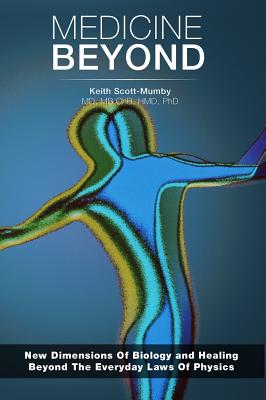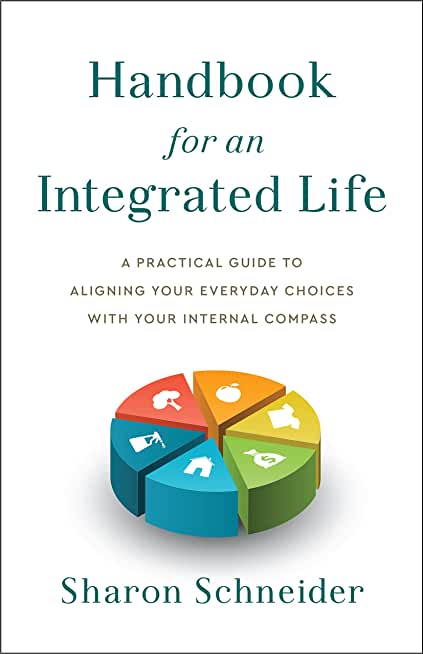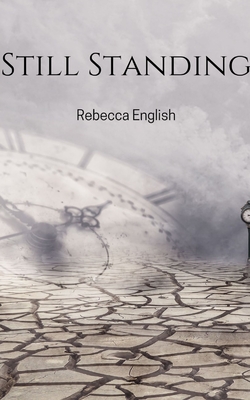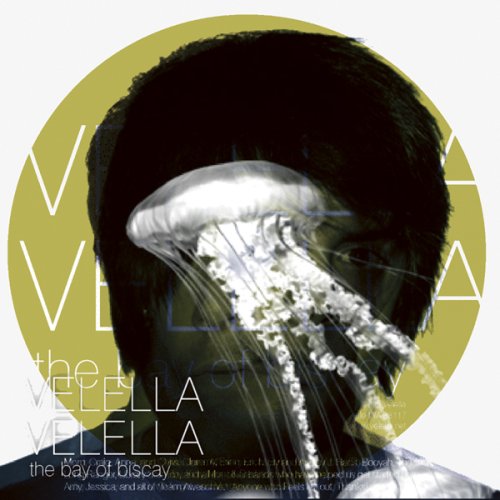
Both the story and the thesis center on the Egyptian assumption that an aliveness or type of consciousness exists in both the organic and the inorganic. The Egyptian evolutionary process or the Pharaohs' science of death made humans into starry gods or what we might call 'crystallized mind' through their secret knowledge. To convey this scientific knowledge to readers who are not scientists or Egyptology scholars, The Road from Orion explains the semiotic study through the adventures of John Friedman, an undergraduate student at the University of Arizona, who is interested in the mystery of Death. Impulsive by nature, John signs up for a cloning experiment conducted by Dr. Lucia Farrell, the only granddaughter of Sir William Flinders Petrie, who excavated the Great Pyramid. John then discovers that Dr. Lucia has an impressive quantity of 'gold', a white powder with mind-expanding properties that her grandfather found on the floor of the Great Pyramid. Lucia believes that the Pharaohs used this powder to grasp total cosmic knowledge, so she plans to experiment with the powder on John, hoping to prove her Isis Thesis through biotechnology.
Travel with our truth seekers as they gaze deep into the minds of the omniscient Pharaohs. Each chapter begins with a cryptic quotation and ink drawing, signs for you to decode that explain chapter content. You will meet famous historical musicians, artists, writers, philosophers, and madmen who are caught up in a surreal web of biotechnology, magical realism, dream, madness, knowledge and creativity. Today the key to understanding the Pharaohs' silent legacy and the lost meaning of ancient historical texts can be decoded by traveling The Road from Orion to unlock the secrets in The Isis Thesis.
The author presented The Isis Thesis at the Third International Conference on New Directions in the Humanities at the University of Cambridge, UK (2005) and at the Second International Congress for Young Egyptologists in Lisbon, Portugal (2006). Using quantum mechanics and microbiology as synthesizing principles, the scientific study is unique because it disputes the general consensus of modern egyptologists and scholars who believe the Egyptian texts are unintelligible and primitive. For the author's free Open Access 2019 peer-reviewed article, see doi:10.18848/2327-008X/CGP/v14i01/57-79







